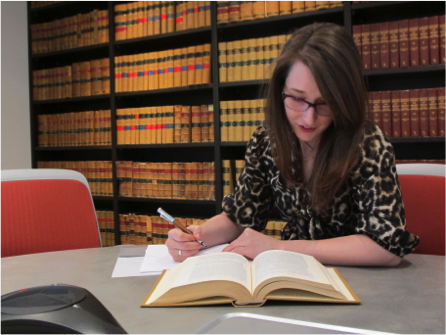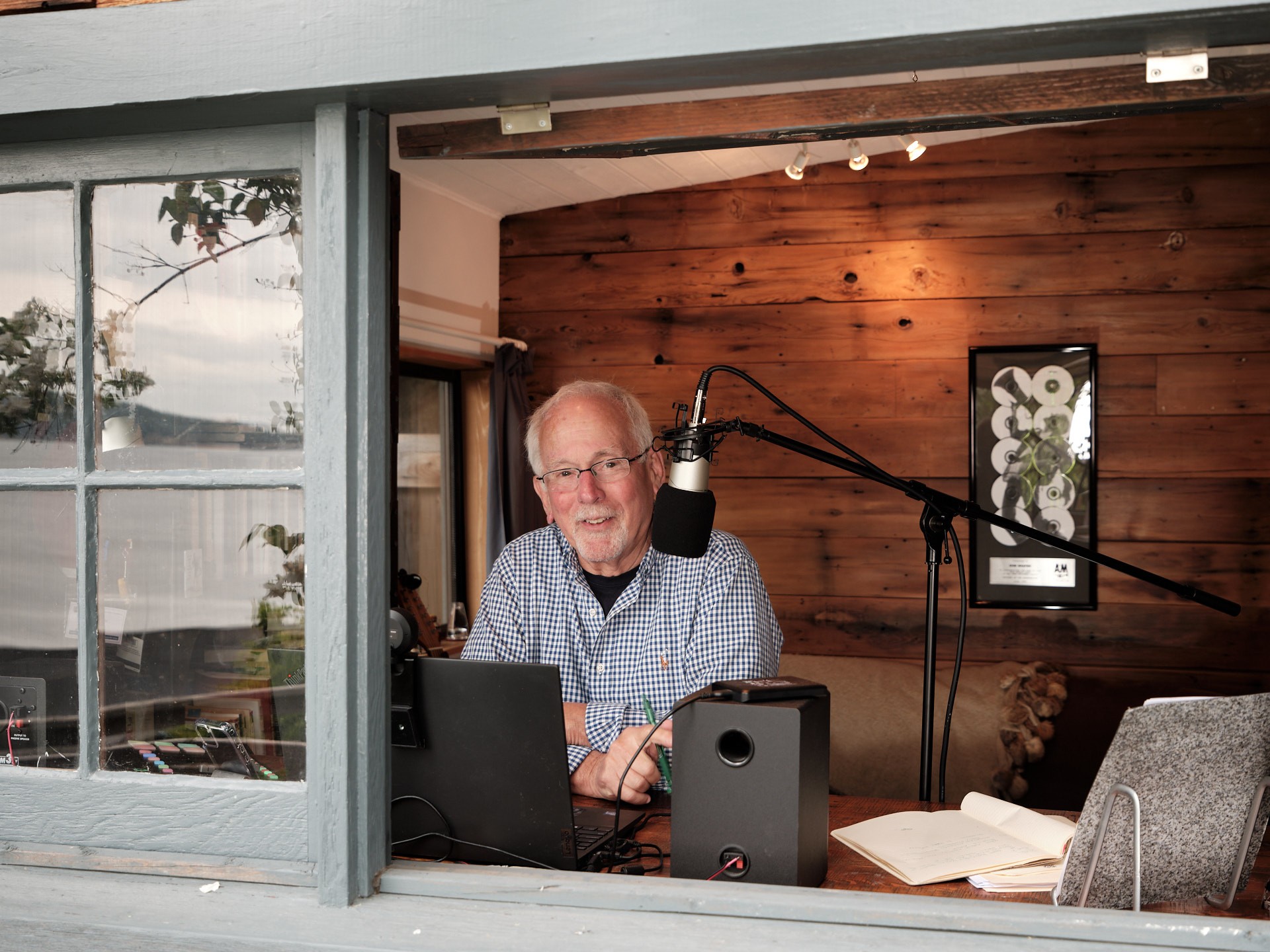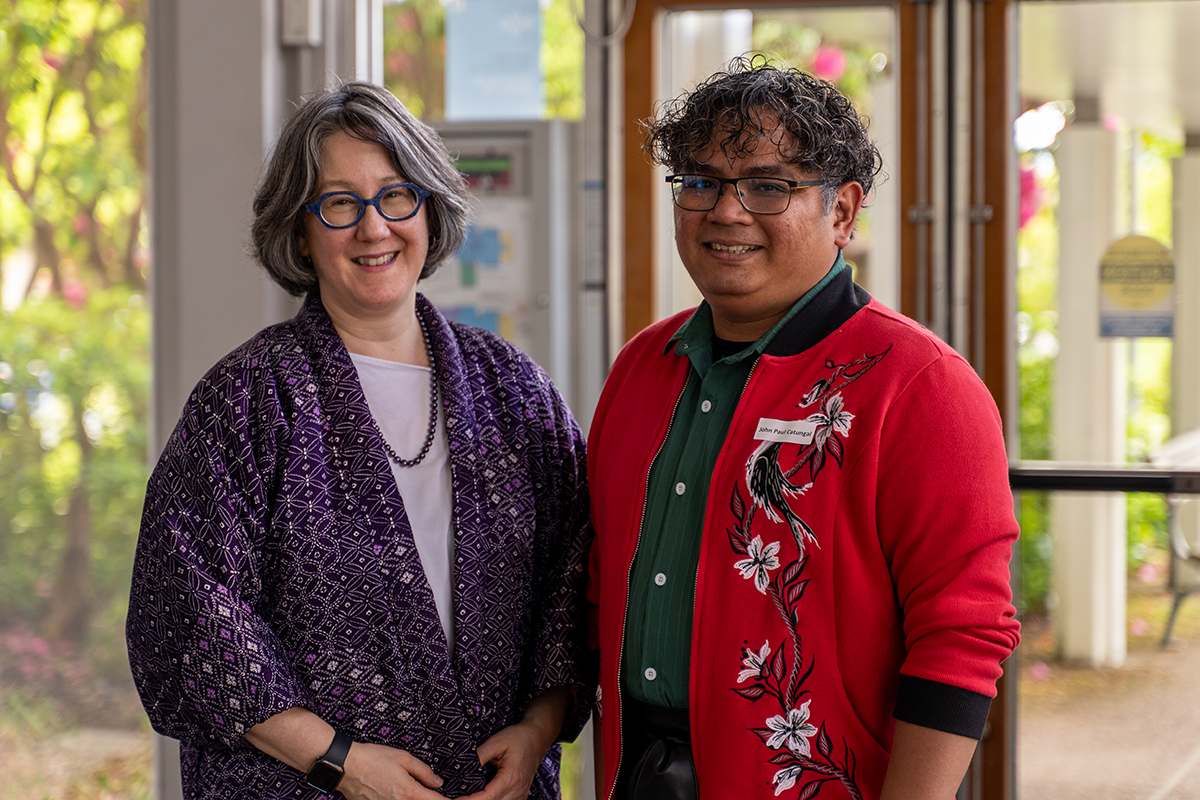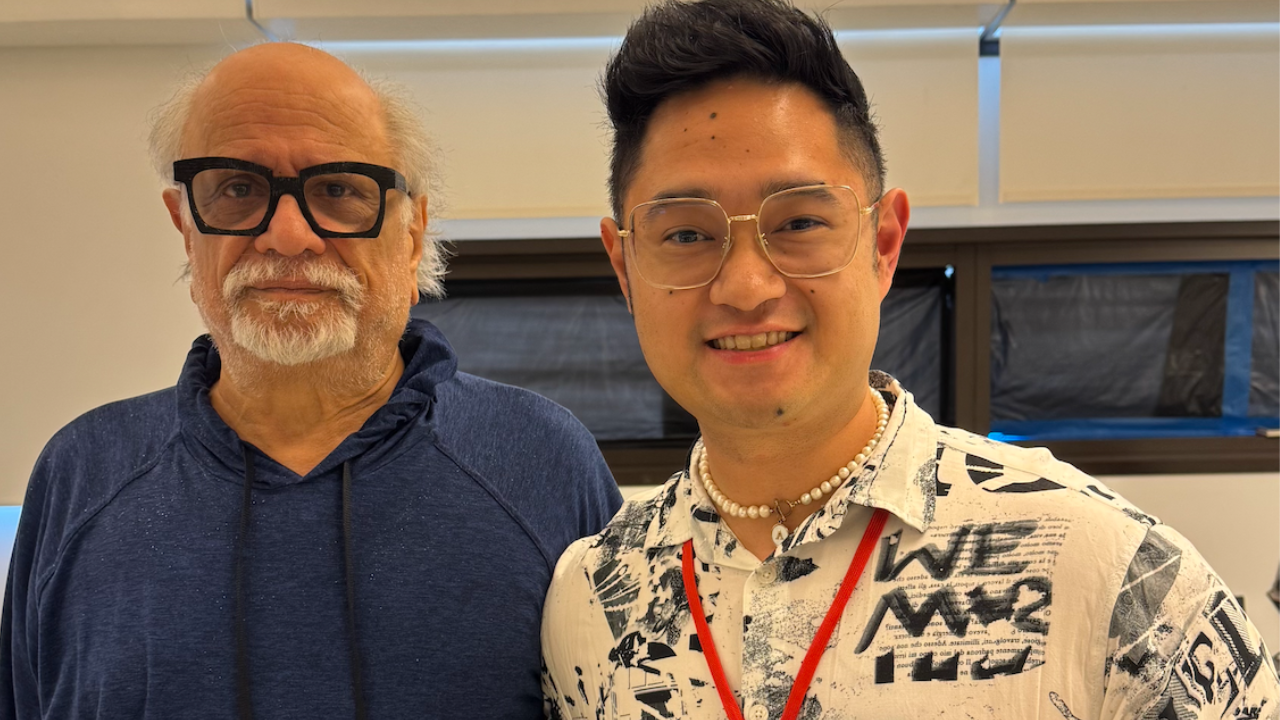

GRSJ alumna Sara Malkin credits the Gender, Race, Sexuality and Social Justice Program (GRSJ) with giving her a critical foundation for her work as an Associate Lawyer. She is still in contact with a number of graduates from the Institute, and the graduates have gone on to fascinating, challenging careers for which GRSJ helped to prepare them.
One graduate is in Pakistan doing community work, one works in health and welfare, one is a teacher using feminist antiracist pedagogy. Another went to law school and practices aboriginal law.
Sara Malkin also followed the legal path. She is an Associate Lawyer at a boutique labour and employment firm in Toronto, providing advice to anyone from municipalities, to nonprofits, to police departments. Her work includes setting up workplace policies, including on diversity issues.
“I love it,” Sara says. “I’m very, very happy in law, very happy doing legal work.”
She discusses how her GRSJ studies relate to the work that she does now.
“Dealing for example with women’s shelters and nonprofit housing, I’m uniquely advantaged.”
“I felt that the entire core of the program was encouraging members to think critically for themselves and to look at knowledge in new way, and to produce something new in the world.”
Sara did a major in Women and Gender Studies (as GRSJ was then called), and a minor in Critical Studies in Sexuality.
“I think the best thing about GRSJ was, I think for the first time in my life I started to look at the world critically. My favourite professor Becki Ross completely subverted my paradigm; she taught me to look at world from new perspective.”
“When I look at any issue with clients and colleagues I now have the unique ability to look at the very base of an issue: questioning and framing, that deconstruction piece, was probably the biggest. It gave me a very unique insight into agency, authenticity and being the expert in one’s own lived experience. When interviewing witnesses now for example, that concept of ‘this person is the expert’ is so important to me…and being able to grasp the elements in that narrative, and that subjectivity piece.“
The GRSJ program had a racial mix that she didn’t encounter elsewhere.
“I was in women and gender studies for four years, and it had a very inclusive, diverse atmosphere. I was the only white person in my graduating class. Law school in contrast is very white and very privileged. Law is one of old school professions; I wear a suit every day and have to. It has an old boy’s club mentality but I see that changing before my eyes, which is a very exciting thing to be a part of.”
To a UBC student considering GRSJ, Sara would say, “It would be the best decision you could make in an undergraduate program. The experience that I got was the most well rounded – not only do we get amazing critical analysis ability, but only here was I encouraged to create my own knowledge or apply what I had learned as opposed to rote memorization. To interview members of the community and turn this into theories or summaries – you don’t get that elsewhere. I felt that the entire core of the program was encouraging members to think critically for themselves and to look at knowledge in new way, and to produce something new in the world.”
“The professors that we were exposed to were unique, engaging, and really encouraged us to think for ourselves. I think more than anything that is what got most of us ready for real life.”
As a student, the paradigm shifts applied not just to her, but to those around her.
“I would not be woman I am today if I was not in the program. Also my father has become a completely different man as a result of my studies and, he says, what I taught him. That’s amazing to me. For me that was a huge win, a huge win.
The program gave us so much opportunity.
The professors that we were exposed to were unique, engaging, and really encouraged us to think for ourselves. I think more than anything that is what got most of us ready for real life. Others in university never asked us to ask questions, or to create new ideologies, the focus was doing exams and it’s hard to be ready for a real job when you’ve never created anything. What I received in four years was something that everyone could benefit from.”


